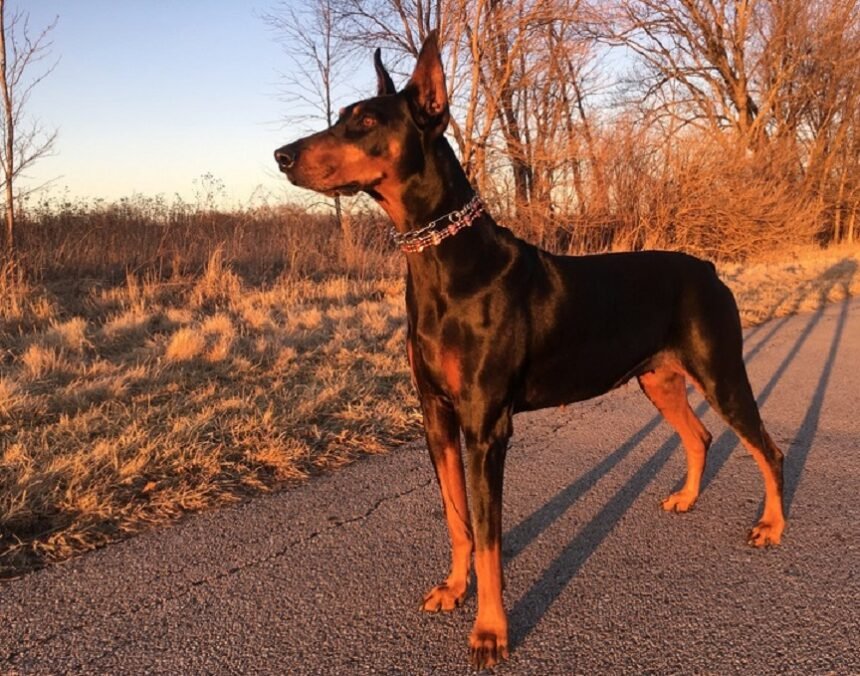Maintaining a healthy weight is crucial for pets to lead a happy and active lifestyle. Our comprehensive guide on pet weight management provides invaluable tips to help your furry friend achieve and maintain a healthy weight. From balanced nutrition to exercise routines, we cover all aspects of a pet’s well-being. Discover effective strategies that promote weight loss, prevent obesity-related health issues, and enhance the overall quality of life for your beloved pet.
Understanding Pet Obesity
Before we delve into the tips for managing your pet’s weight, it’s important to understand what constitutes obesity in pets. Generally, pets are considered overweight if they are 10-20% above their ideal body weight, and obese if they are 20% or more above it.
Different breeds and species have different ideal weights, so it’s important to consult with your vet to determine what’s healthy for your specific pet. For instance, a Maine Coon cat will naturally weigh more than a Siamese cat, just as a Great Dane will weigh more than a Beagle.
Balanced Diet: The Foundation of Weight Management
The cornerstone of weight management in pets is a balanced diet. It’s crucial to feed your pet the right amount of high-quality, nutritionally balanced pet food.
- Portion Control: Overfeeding is a common cause of weight gain in pets. It’s easy to give in to those pleading eyes, but remember, you’re doing your pet no favors by overindulging them. Use a measuring cup to ensure you’re giving your pet the correct portion size.
- Nutritionally Balanced Food: Not all pet foods are created equal. Some are packed with fillers and low-quality ingredients that can lead to weight gain. Look for foods with high-quality proteins, healthy fats, and a good balance of fruits and vegetables.
- Treats in Moderation: Treats are a great way to reward your pet, but they should make up no more than 10% of your pet’s daily caloric intake. Opt for healthy treats like carrots for dogs or small pieces of fish for cats.
Regular Exercise: Key to a Healthy Weight
Exercise is just as important for pets as it is for humans. Physical activity helps burn calories, strengthen muscles, and keep your pet mentally stimulated.
- Daily Walks: For dogs, daily walks are essential. The length and intensity of the walk will depend on your dog’s breed, age, and health.
- Playtime: Cats need exercise too! Engage your cat in play with toys, laser pointers, or even a game of chase.
- Interactive Toys: These can keep your pet active even when you’re not home. Puzzle toys that dispense treats can keep your pet both physically and mentally engaged.
Regular Vet Check-ups
Regular vet check-ups are crucial in maintaining your pet’s healthy weight. Your vet can provide personalized advice based on your pet’s breed, age, and health status. They can also monitor your pet’s weight and identify any potential health issues early.
Behavioral Changes and Training
Sometimes, weight gain in pets can be due to behavioral issues. For instance, some pets may eat out of boredom or stress. In such cases, it’s important to address the underlying issue.
Positive reinforcement training can also be beneficial. Reward your pet for good behavior, such as choosing to play with a toy instead of begging for food.
Community Involvement
Joining a pet community can be a great way to stay motivated and get tips on pet weight management. You can participate in pet-related events, connect with other pet owners, and even volunteer at animal shelters.
Managing your pet’s weight is a crucial part of ensuring they lead a healthy, happy life. It requires a balanced diet, regular exercise, regular vet check-ups, and sometimes, behavioral changes and training. As pet lovers, it’s our responsibility to ensure our pets are not just loved, but also well-cared for. After all, a healthy pet is a happy pet!







